Zelensky knows only total victory will do
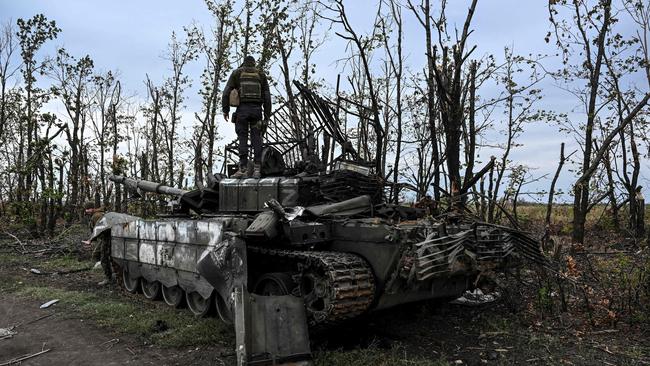
Russia’s high command failed to spot signs of a Ukrainian military build-up in the northeast, the humiliation is being aired publicly, opinion pollsters sense a shift in mood, the propaganda messaging is going adrift and there is a breakdown of trust between the Putin elites. Russians, many of them previously indifferent to the fighting across the border, are talking like losers.
And the Ukrainians, who have during the past 200 days developed a language of resistance, are daring to talk of victory, of “deoccupation”. That’s down partly to the Western-supported reinvention of their army as a nimble Israeli-style force that can outwit a clumsy Russian military commanded by officers who won their spurs bombing civilians in Syria six years ago.
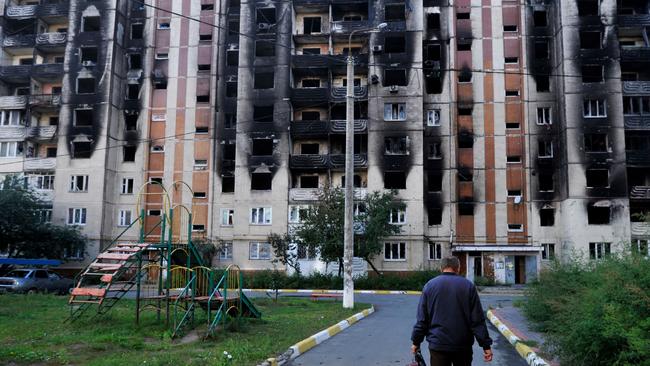
The deliberate drawing of Russian forces towards the south, the Kherson region, exposed their weaknesses of defence in the eastern Donbas. Ukrainian military analysts compare their lightning grab with Operation Gazelle in the 1973 Arab-Israeli war when the Israelis bamboozled the Egyptians and seized bridgeheads on the east and west of the Suez Canal.
But this is more than smart warfare. Just about the whole adult male population in Ukraine has mobilised and has evolved a new idiom which allows itself to believe in some kind of eventual success. Morale hasn’t been so high since the Ukrainians stalled the Russians outside Kyiv in March.
There has been some dehumanisation, typical of a long war. Russians are referred to as orcs, the ugly ungainly creatures from The Lord of the Rings. The gifted Maxim Tucker, who writes for The Times and has been talking to the country’s special forces, tells me the brighter combatants try to avoid this kind of language. After all, common ground will be part of the route out of the crisis: Russian troops before fleeing their positions in the Kharkiv region have been negotiating their retreat in jumbled Russian-Ukrainian with the advancing Ukrainian officers. And Ukrainian troops issue their own Russian-language surrender leaflets complete with toll-free numbers and QR codes. Calling Russians “orcs” smacks a little too much of the “gooks” and “Charlie Cong” labels attached to the Vietcong by US soldiers during the Vietnam War.
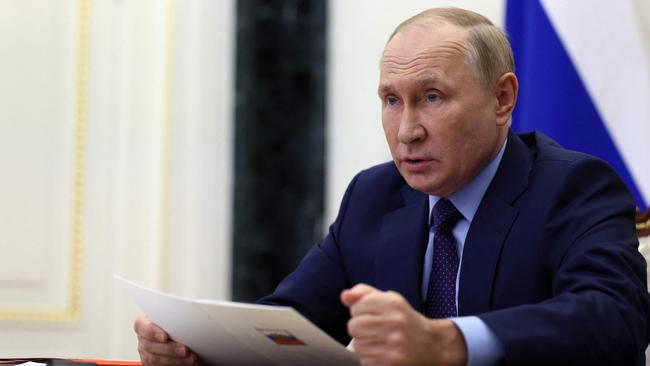
Ukrainian soldiers trained to use their new Western arms are starting to follow the US example of sentimentalising their weapons, naming them after wives and lovers. But they try to avoid premature triumphalism by describing the sabotage work of their special forces behind Russian lines as “cotton”. Typically, social media will depict a Russian installation in flames with a cotton plant rising from the wreckage. Why? Because the Russian word for “bang!” is hlopok, which in turn is the word for cotton in Ukrainian. It is a playful way of building a national community of resistance.
The Russians meanwhile are hamstrung by the fundamental problem that has burdened earlier Putin and pre-Putin wars: Moscow needs to conceal the number of military casualties from grieving and potentially angry families at home.
Since the war is still officially no more than a “special operation” — a phrase designed to reassure the population that there will be no general conscription — there is scant mention of those killed in action. As in Afghanistan, bodies flown home are referred to in the manifest as Cargo 200. That refers to the maximum weight allowed on the plane for a soldier’s corpse and his zinc-lined coffin. The phrase is still being used in the current Ukraine war. Ukrainians have seized on it: a killed Russian is referred to over radio as a “200”.
This war of euphemisms is changing. Ukrainians are irritated by the fact their Western supporters are nervous of an outcome that could be branded as a victory over Russia. The fear in some capitals (notably Berlin) is that a humiliated Putin could be a menace to Europe for another decade.
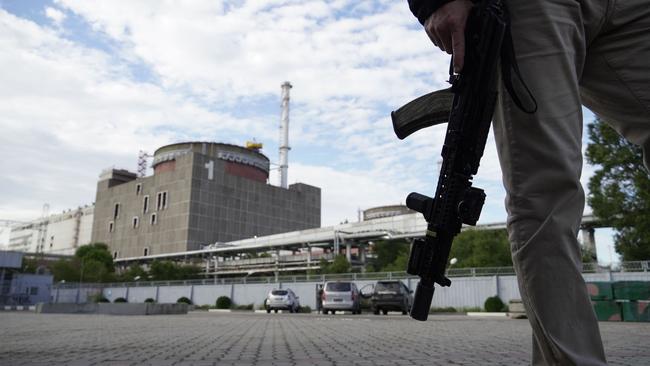
The government of Volodymyr Zelensky now wants weapons that do more than soften up Russian lines and wreck ammunition depots. It wants Leopard tanks that can assist in the final expulsion of Russian forces from its east. Only an unambiguous military victory will suffice, Zelensky reckons, and can act as a prelude to a diplomatic settlement with Moscow. And that demands an end to Russian weasel words such as “special operations” (which Putin might soon replace by another spongy concept, a “counter-terrorism operation"). There is an active invasion under way, and it has to be halted and reversed rather than be allowed to evolve into occupation and partition.
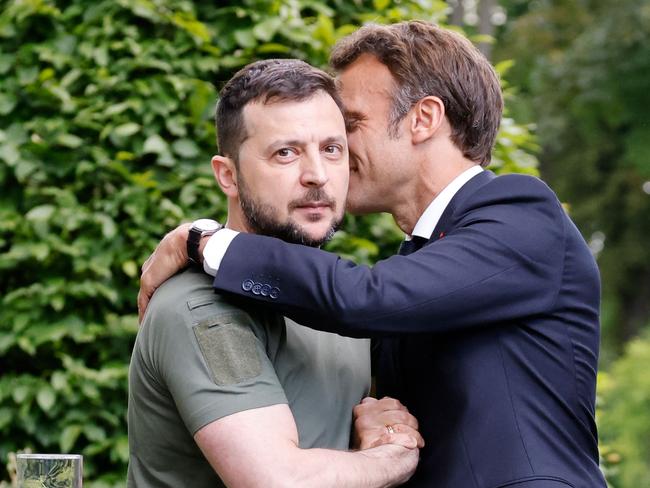
The other frustration in Kyiv is that Russian opposition to the war does not seem to be determined enough to push Putin to change course. According to leaked data from the VCIOM polling institute, at the end of June some 30 per cent were in favour of an immediate end to the war. The findings were not for public consumption. Other online surveys show the structure of this opposition: young, metropolitan, non-watchers of state television, no great desire to emigrate but anticipating a new wave of repression. It’s a silent minority which seems to be growing. It is understandably timid yet Putin appears to be afraid of its power. We should encourage it to speak out. Putin has never looked so vulnerable.

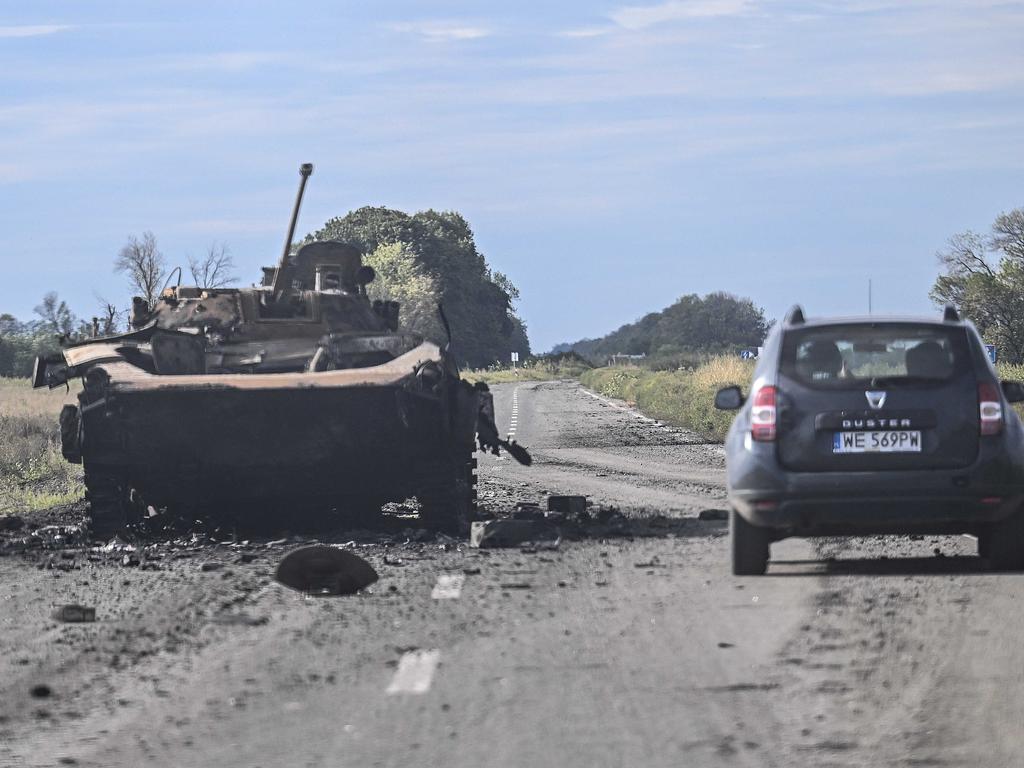
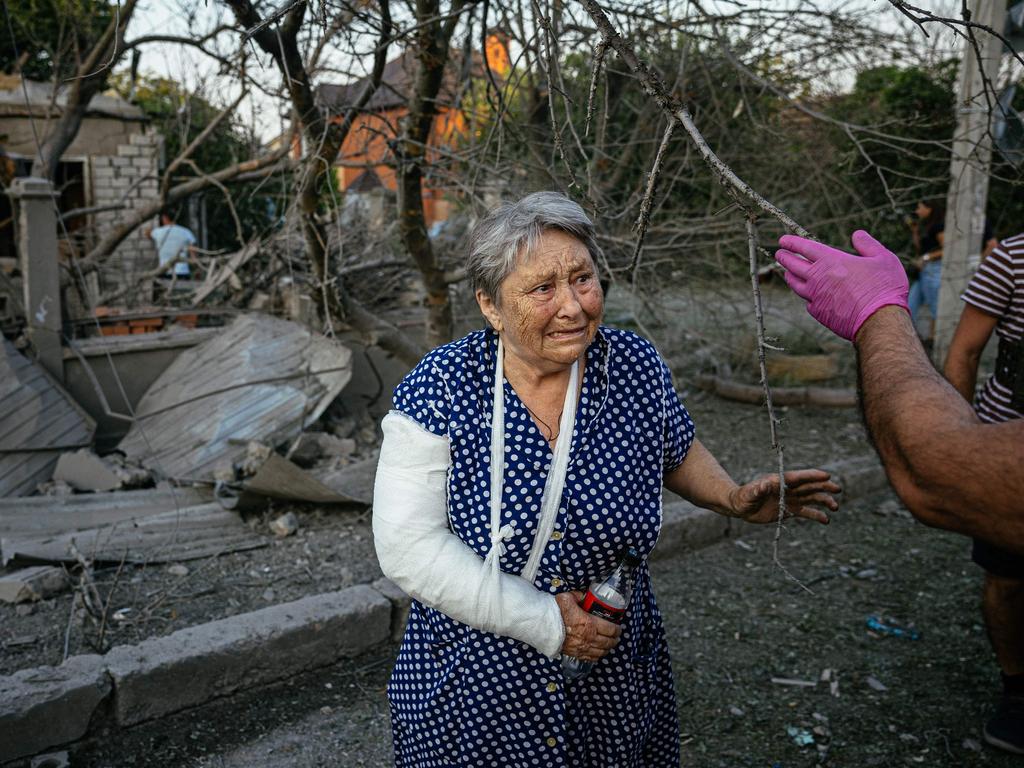
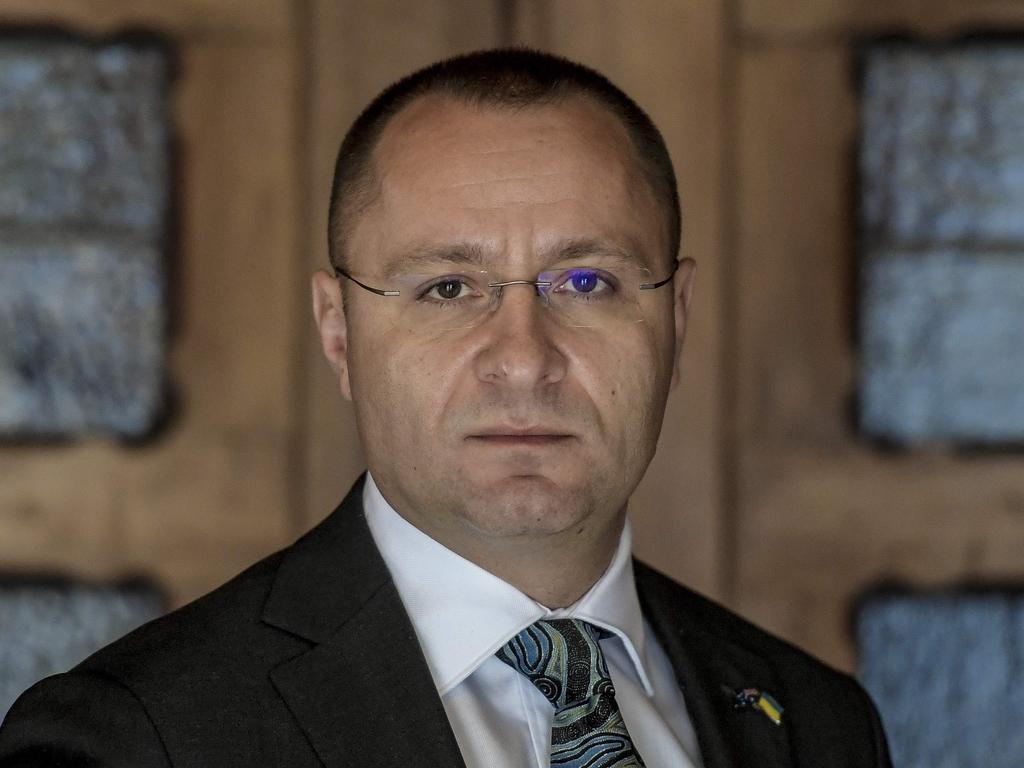


In any armed conflict there are always two wars under way: the one of blood and blunder, and the one we are allowed to talk about, full of necessary lies and myth-making. These worlds are now colliding in Moscow. Thanks to a bracing counteroffensive in eastern Ukraine, it has been a black week for Vladimir Putin.